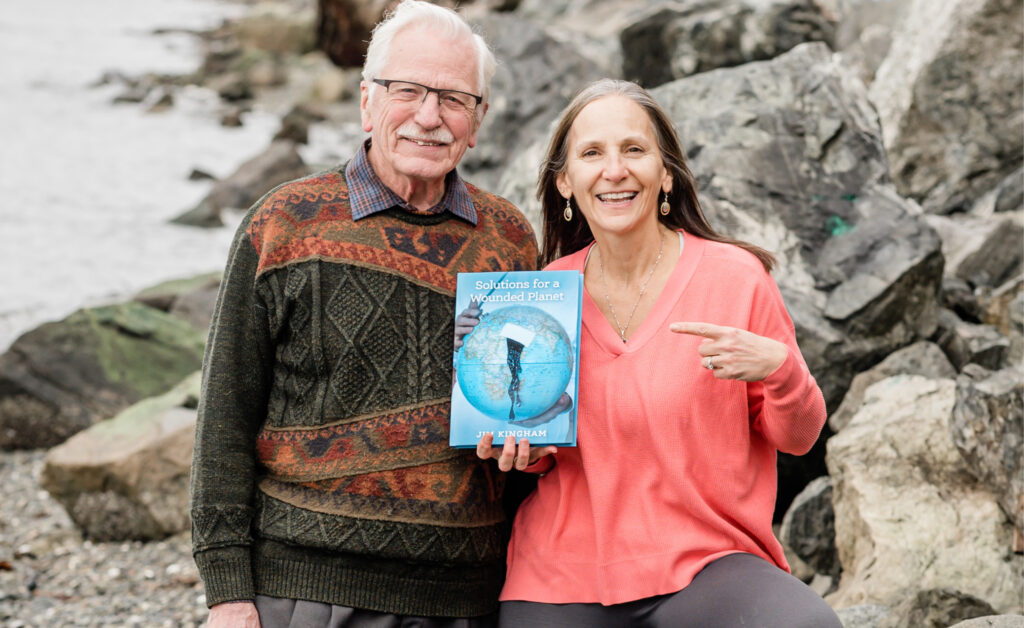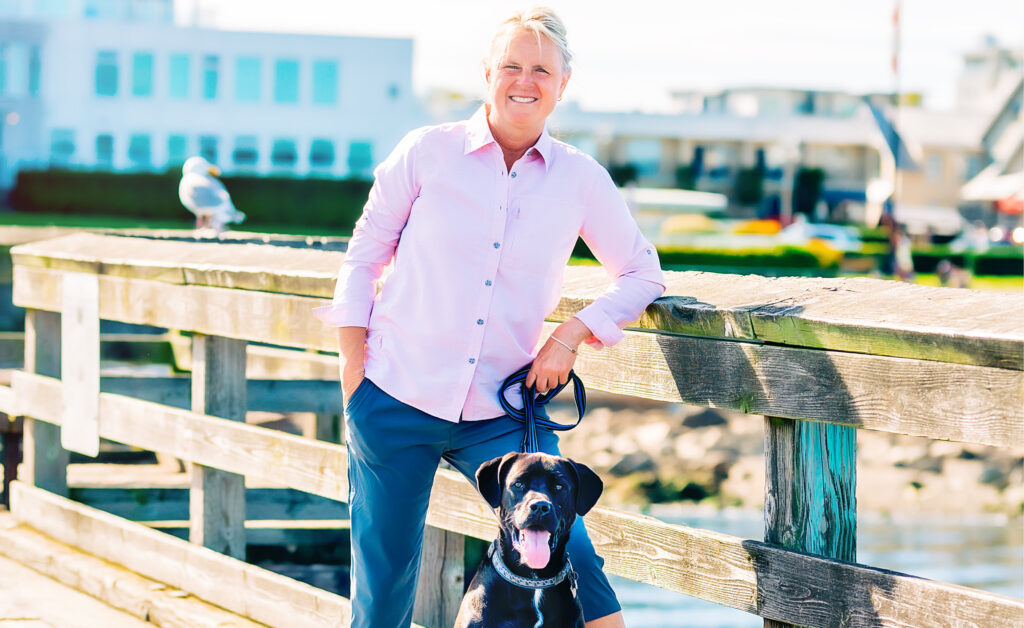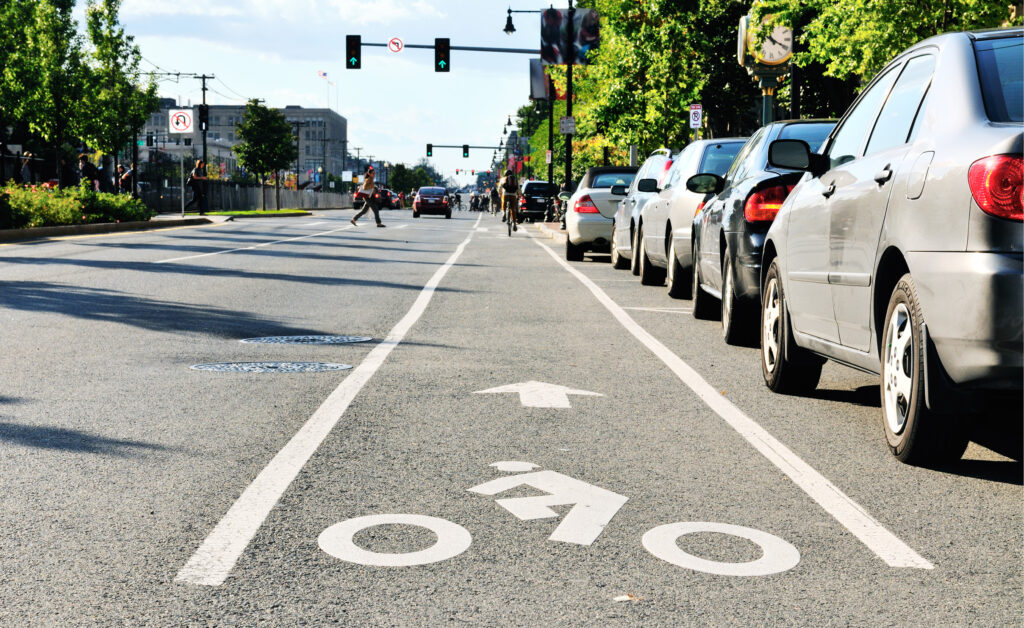by Stephanie Staples | photo by Janis Jean Photography –
When someone is so passionate and excited about a topic, it’s pretty easy to fall under their spell! So it was when I met Jim Kingham, PhD and the author of the new book Solutions for a Wounded Planet.
Jim’s passion for the environment has not only spanned 50-plus years, it’s gotten stronger and even more impassioned. A modest man with a solution-focused mindset, he says we could all make an impressive dent in the issues if we ask ourselves one question: “Does what I’m about to do make sense for the environment?” I don’t know about you, but I’m sure not in the habit of asking that question (yet!).
If you can teach yourself to ask this question regularly, then a natural follow-up question may be “Can I do this a better way?” Maybe I can use a sponge instead of paper towels; maybe I can take my bike instead of the car; maybe I don’t need one more trip.
It’s about getting intentional and proactive. Jim emphasizes that each person, family and community can contribute to the health of the planet – albeit in different ways. Small things can make a big difference and typically save you some money along the way.
Jim, can you talk about the tragedy of the global commons?
An essayist wrote about the tragedy of the commons 200 years ago. He was talking about the shared commons in a typical English village and how it could keep the village alive if it wasn’t abused – if the villagers didn’t try to overgraze it, or pollute it with waste. Now we need to think about the Global Commons – the air, water, land and species upon which we all depend for our survival. We need to work together, individually and collectively, to ensure that the global commons is not abused. We need to change our perspective from measuring our success in life by the wealth and “stuff” we accumulate, to measuring it in terms of the quality of our environment.
Waste and excess are prevalent in our society; we like our “stuff.” Some things are obvious and some things are, as you say, “hidden from view.” Can you expand on this?
Marketers don’t want us to think about the environmental cost of things we buy – things like fast fashion, which imposes a terrible burden on the environment. Such consumer conditioning starts at a young age, with kids believing they absolutely must have the latest runners, backpack or jacket. Then there are simple daily routines, like how we take our morning coffee. Is it just a teaspoon of ground coffee, or do we use designer coffee pods or buy our coffee at an upscale coffee shop? The environmental cost grows as you move along this path. Many consumer goods are built to fail, with no right to repair. At the more complex end of the scale, governments don’t want us to think about environmental costs as they brag about their latest multi-billion dollar rocket launch.
It’s easy to get overwhelmed when we think of the complexity, quantity and depth of the issues; often when we feel this way we do nothing. What should we do to move the needle and empower ourselves?
Our power to change things for the better is our best defence against despair. We have absolute control over many aspects of our everyday life: what kind of food we eat, and how much; our commitment to recycling and composting; how we dress and where we spend our holidays. There are thousands of ways we can individually help to heal the environment. Next, we have a fair degree of influence on our family’s behaviour and in the community. Finally, we can collectively support politicians at all levels of government who offer policies in favour of the environment rather than an all-encompassing preoccupation with the largest possible GDP growth.
While your enthusiasm for the environment is palpable, tell us about how this issue connects to another passion of yours: the education of women globally.
Overpopulation is the underlying cause for most of the damage to the global commons. Irresponsible reproduction stems from the disempowerment of women, which in turn arises because girls’ education is denied in so many parts of the world. We should all support international agencies working for the education of girls.
Environmentalist is a big part of who you are Jim, but you are much more that that, too: family man, faith-filled human, volunteer, musician and I’m sure I’ve missed a few other things. What would you like to share about the other parts of you?
I have enjoyed making music all my life, both singing and playing in bands of all sizes. This community gave me the opportunity to be MC for the Peninsula Singers and President of the Sidney Concert Band. I was Sexton at the local church for many years and sang in their choir as well. I continue my involvement in planning for a healthy environment as Chairman of the North Saanich Community Planning Advisory Commission. There are so many things we can all do to connect with our neighbours – we don’t have to fly to the other side of the planet to find meaning in life.
I love your optimistic, ever-hopeful attitude. How do we get some of that? How has that served you? Has it ever hindered you?
Optimism has not been a hindrance; rather, it has allowed us to get things done: from the Great Lakes Water Quality Agreement, to the Montreal Protocol to protect the ozone layer, the London Convention against Ocean Dumping, and on to the Law of the Sea Convention. We just must keep at it and do the right things at every level.
Anything else you’d like to share, Jim?
Don’t despair. Think about the environment in all you do, then act – act on those thoughts!




